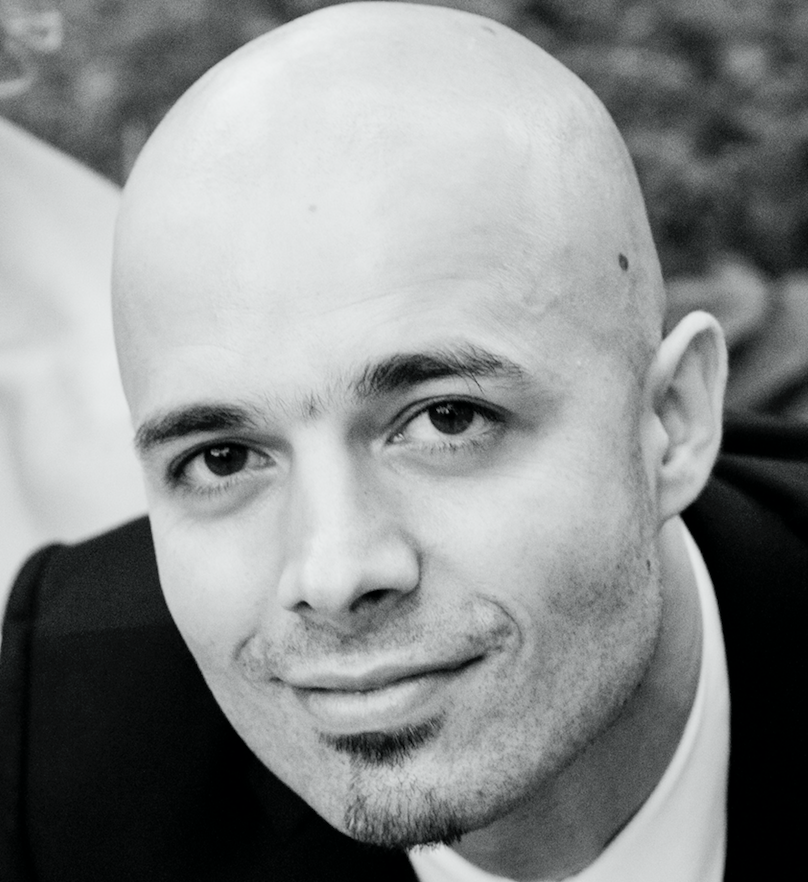5 Uncommon Summer Learning Ideas for Teachers
Many people have the wrong idea that teachers spend their summers traveling and sipping mojitos on the beach or by the swimming pool. While those are attractive options we sometimes partake in, there’s no denying that teachers love learning. For myself, I sometimes wonder whether I love learning more than I love teaching because once the first week of the summer break passes I get a learning itch that needs scratching.
Thus, in the last few years, I’ve endeavored to do these 5 things to learn new things in the summer months and noticed that my creativity and expertise in teaching has improved as a result. Take a look and see if you can use any of these suggestions for yourself.
1. Listen to a podcast or take an online class unrelated to education
Innovation is not something that happens as a sudden spark of genius. While the final idea that makes the innovation possible might come suddenly, the entirety of it is a result of multiple, often unexpected connections the brain makes as it acquires and uses new information. Thus, if you want to increase your chances of coming up with original teaching ideas venture outside of the education realm. Start listening to a podcast (or two) you would have not previously considered and try to apply its ideas to your teaching.
2. Write a nonfiction book
As a teacher, you already know that one of the best ways to learn something is to teach it. This is why each year you feel better – more competent and more confident - about your knowledge of the subject you teach.
Writing a book on a topic is one of the best ways to become an expert at this topic. This is especially true if you find the topic interesting. As you already possess some knowledge about it you have a starting point, which is a great motivator to get going on writing a book on this topic. In the process, you learn in greater depth because you are tasked with explaining to the reader the specifics and provide examples of the things you write about. The book does not have to be long. It can be a short 20- to 30-page e-book you use to teach a difficult concept in your classroom or help your building colleagues use game-changing technology tools.
Take it from someone who loves the neuroscience of learning. Each time I write a book I learn significantly more about how to teach and learn effectively and efficiently because the book-writing process calls for full immersion in the topic and detailed explanations of the concepts. This allows me to fill any knowledge gaps I have. For example, while I dabbled in using the memory palace technique in learning, I only became an expert on how to build, fill, and rehearse memory palaces after I tasked myself with writing 4 lessons on this memory technique in my recent book Crush School Student Guide: Learn Faster, Study Smarter, Remember More, and Make School Easier.
3. Do something you fear
This will serve two purposes - becoming more innovative and facing your fears – both of which help you achieve better performance. Your fears may be the very things that prevent you from achieving your peak performance and assuming a leadership role in your classroom or school building. Before you decide, consider how reasonable your fear of something is. You might discover that while some fears are legitimate, many are anxieties conditioned by our evolution and are in fact things we can face and grow from.
4. Make something new
Build a tree house with your 12-year-old or a cardboard spaceship with your preschooler or find another DIY project online to involve your entire family in. Many people don’t do things they don’t feel competent in and that’s precisely why they don’t learn! To learn, you must go through a period of struggle but it is during that period that you learn the most. It’s the first step that presents the biggest hurdle.
5. Fix something you know little or nothing about
If you own a house, chances are you have a few projects to attend to during the summer months. Pick one and instead of outsourcing it, do it yourself. Much like creating something you might not be familiar with, fixing something you know nothing about is a big challenge. However, facing challenges and solving them is a great way to learn. Thus, pick a project that won’t lead to your demise or the destruction of your house and find a YouTube video or a blog about it and fix it yourself.
I fixed a dryer once knowing nothing about fixing dryers. It was daunting! I actually had to take it apart and put it back together after changing a heat sensor that broke. It works to this day. This year, I’m fixing the sprinkler system and mudjacking a concrete slab. Wish me luck!
Conclusion
Some activities on the list above are easier than others. However, you probably learn the least listening to podcasts compared to more difficult activities. On the other hand - if you take the information you hear during a podcast, expand on it, and write about it in a book or use it to face one of your fears or apply it to fix or make something - you have truly learnt it. This is because knowledge is not what you know but how you use it. The key to learning and retaining more is to apply new information as soon as we receive it. Happy learning!
If you enjoyed this post consider signing up for my newsletter below.
Hi! I'm Oskar. I teach, write, and speak to make learning better.
BOOKS & TOOLS
- December 2025 1
- September 2025 2
- August 2025 5
- July 2025 4
- June 2025 2
- August 2024 2
- July 2024 2
- June 2024 1
- October 2023 1
- September 2023 3
- August 2023 6
- July 2023 6
- July 2022 2
- June 2022 1
- November 2020 3
- October 2020 3
- April 2020 1
- March 2020 5
- July 2019 1
- June 2019 1
- April 2019 1
- January 2019 1
- November 2018 3
- October 2018 2
- September 2018 1
- August 2018 8
- July 2018 11
- June 2018 4
- May 2018 5
- April 2018 2
- March 2018 4
- February 2018 5
- January 2018 3
- December 2017 1
- November 2017 5
- October 2017 7
- September 2017 6
- August 2017 5
- July 2017 3
- June 2017 10
- May 2017 7
- April 2017 7
- March 2017 15
- February 2017 12
- January 2017 13
- December 2016 15
- November 2016 8
- October 2016 7
- September 2016 12
- August 2016 14
- July 2016 10
- June 2016 13
- May 2016 10
- April 2016 8
- March 2016 5
- February 2016 7
- January 2016 6
- December 2015 5
- November 2015 8
- October 2015 2









